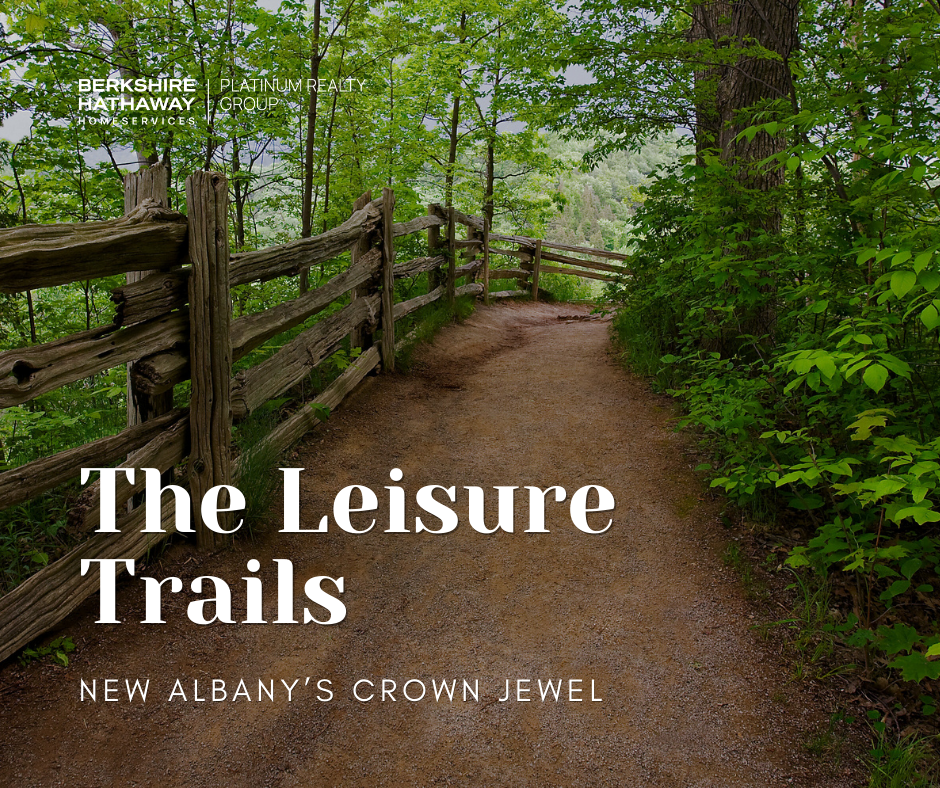Finding the Perfect Homestead: A Retiree’s Guide to Buying a Home for Hobbies and Family
- rachelf23
- Feb 25, 2025
- 4 min read

Retirement is the perfect time to embrace a slower, more self-sufficient lifestyle while still creating a welcoming space for loved ones. Many retirees dream of a home that supports homesteading hobbies, such as gardening, raising small livestock, or preserving food, while ensuring there’s ample room for visiting family. However, finding the right property requires careful thought about location, layout, and long-term practicality. A balance of comfort, functionality, and accessibility will ensure your home meets your needs now and in the years to come. If you're considering a move, here are key factors to keep in mind before settling into your ideal homesteading retreat.
Choosing the Right Location for Climate and Convenience
The success of your homesteading efforts depends largely on the climate and environment of your chosen location. Consider factors such as growing seasons, soil quality, and water availability if you plan to garden or keep livestock. Proximity to essential services, including medical care and grocery stores, is also important for maintaining convenience as you age. While rural areas often offer more land at a lower price, ensure you're comfortable with the trade-offs in accessibility. A location that balances self-sufficiency with practicality will provide the best long-term lifestyle.
Finding a Home with the Right Amount of Land
The size of your property should align with both your homesteading ambitions and your ability to maintain it. Too much land can become overwhelming, while too little may limit your goals. A few acres are often enough for a productive vegetable garden, a chicken coop, or even a small orchard without requiring extensive upkeep. Consider properties with established trees, fertile soil, and space for expansion if your interests grow over time. The key is selecting land that enhances your lifestyle rather than becoming a burden.
Ensuring Accessibility and Low-Maintenance Living
While a homesteading lifestyle can be fulfilling, it's important to plan for long-term accessibility as mobility needs change. Single-story homes, wide doorways, and minimal stairs can help future-proof your property. Energy-efficient features and low-maintenance landscaping can reduce the time and effort needed for upkeep. Look for homes with modern insulation, durable roofing, and easy-to-maintain flooring to minimize unexpected repairs. Prioritizing comfort and efficiency will allow you to enjoy your homesteading hobbies without unnecessary strain.
Launching a Homesteading Business
Turning your homesteading hobby into a business can be a rewarding way to generate income while doing what you love, whether it’s selling fresh produce, handmade goods, or farm-raised eggs. Understanding the financial and operational side of running a small business is essential, and earning a business degree can help you develop skills in accounting, marketing, communications, and management. Since entrepreneurship requires balancing multiple responsibilities, online degree programs make it easier to juggle your growing business while keeping up with your studies. This is a good option to try if you’re curious about programs.
Creating Space for Family Visits and Gatherings
A home that supports family visits ensures that loved ones can stay connected, even if they live far away. Consider properties with guest bedrooms, an in-law suite, or even space for an RV hookup to accommodate different types of visitors. A spacious kitchen and outdoor gathering areas make it easy to host holiday celebrations and special occasions. If you have grandchildren, a safe and engaging outdoor space can provide endless entertainment. Designing your home with hospitality in mind fosters a welcoming environment for those you care about most.
Setting Up Essential Homesteading Infrastructure
A property that supports homesteading should have the necessary infrastructure to make your hobbies more manageable. A well-maintained barn, greenhouse, or workshop can provide space for projects and storage. Reliable water sources, such as wells, ponds, or irrigation systems, are essential for gardening and livestock. Fencing and secure enclosures can help protect crops and animals from predators. Having these foundational elements in place will make it easier to transition into a self-sufficient lifestyle without extensive modifications.
Balancing Self-Sufficiency with Community Support
While independence is a major draw of homesteading, having a supportive community nearby can make a big difference. Neighbors with similar interests can provide valuable knowledge, assistance, and friendship. Local farmers markets, gardening clubs, and cooperative extension services offer additional resources to help you succeed. A property that feels private yet remains within reach of a like-minded community creates the best of both worlds. Striking the right balance between solitude and connection will enhance both your homesteading efforts and social life.
Understanding Zoning Laws and Property Restrictions
Before purchasing land, it’s crucial to research local zoning laws and property regulations that may impact your plans. Some areas restrict livestock, outbuildings, or even large gardens, which could limit your homesteading activities. Homeowner’s associations (HOAs) may have additional rules regarding property appearance, fencing, and permitted structures. Understanding these restrictions beforehand can prevent future conflicts and ensure your property aligns with your lifestyle vision. Choosing a home with favorable zoning laws will allow you to fully enjoy your retirement homestead without legal headaches.
Retirement offers the perfect opportunity to embrace homesteading while creating a home that welcomes family and friends. With thoughtful consideration, you can establish a home that supports your hobbies while remaining a cherished gathering place for your loved ones. Whether you dream of tending a garden, raising chickens, or simply enjoying peaceful country living, your ideal homestead awaits.
Discover the expertise of Platinum Realty Group, proudly serving Central Ohio for over 25 years, and let their seasoned professionals guide you to your dream home today!
Article by guest author Claire Wentz




Comments